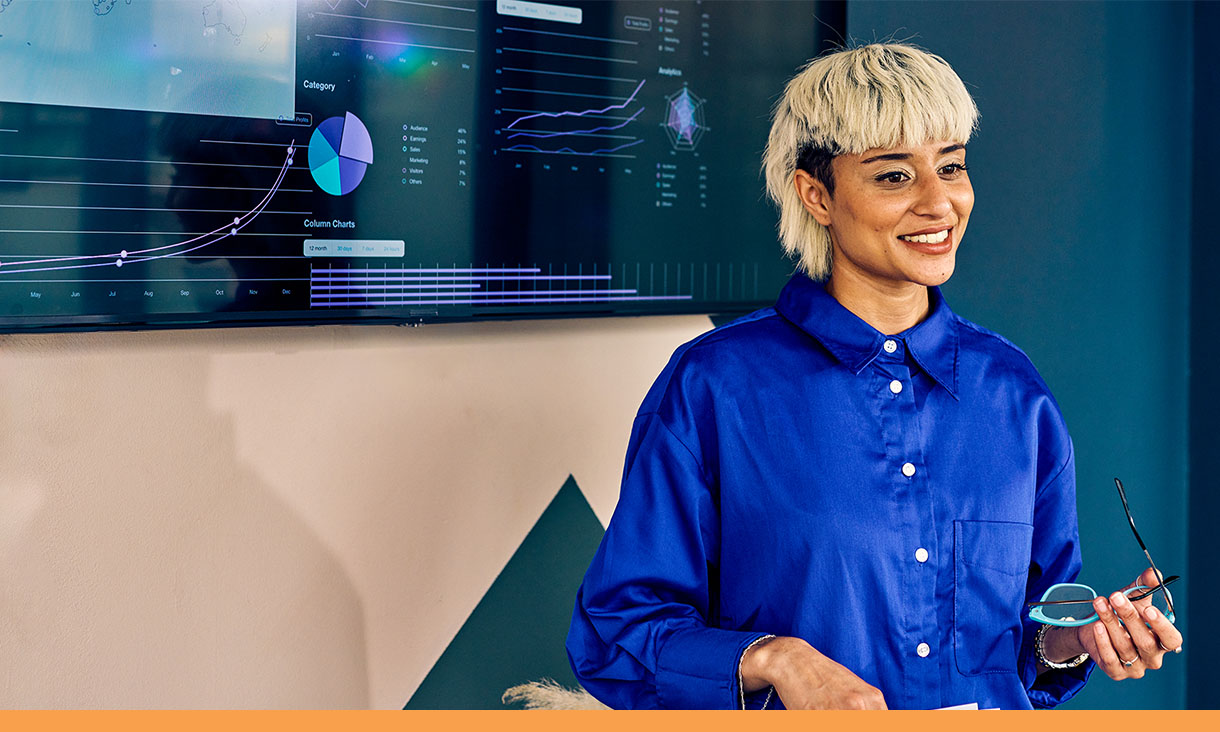Business Analytics
Learn to apply data-driven decisions to drive business value, develop practical, highly sought-after skills, and increase your employability.
Intro to Programming
Learn programming fundamentals including HTML, CSS, Python, and JavaScript. Ignite your passion for practice and develop the curiosity to experiment with your code. Delivered to you in partnership with Udacity.
Graduate Certificate in Data Science
Designed for consultants, business, marketing, data, financial, product, and web analysts, and for those who seek to create their own unheard-of roles from the endless opportunities big data and technology presents.
Master of Business Analytics and AI Strategy
Become a business professional with the technical credibility to bridge the gap between data, analytics AI and business to drive better business solutions.













